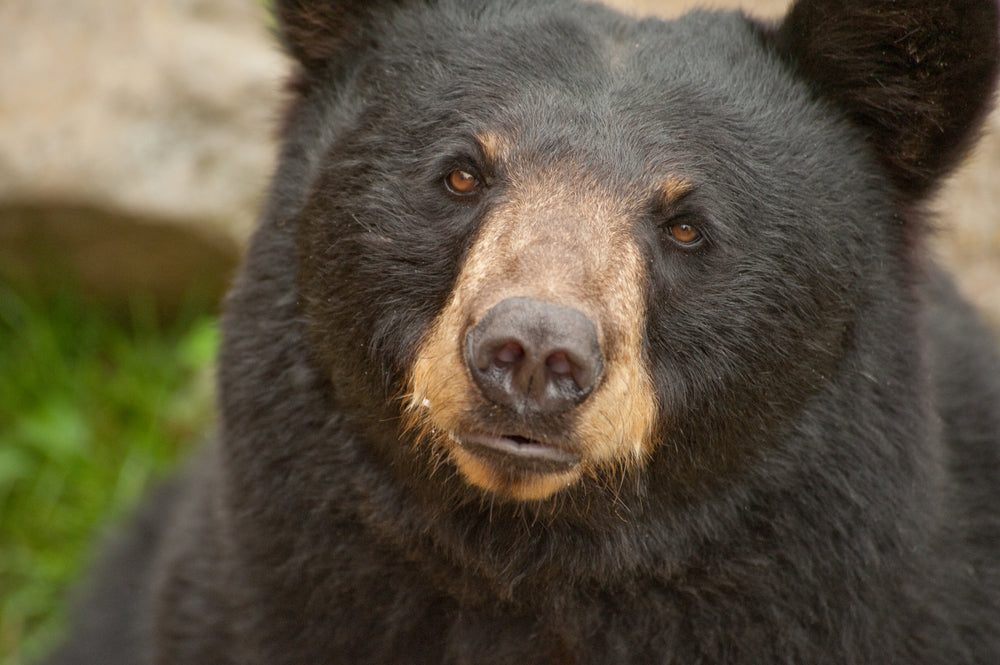Knowing More About Bears Keeps You – and Bears – Safe
Posted by Securr Blogger on
BearSaver was launched as a natural outgrowth of our passion for outdoor recreation and wildlife. Many members of our staff are outdoor enthusiasts who love to camp and hike. As a result, we’re very aware of the growing problem of bears foraging for human food. That’s why we decided to combine our years of fabrication experience to help stop the dangerous interactions caused by bears consuming human food and waste. Not only do we pride ourselves on our innovative BearSaver line of animal-resistant enclosures for waste, recycling, and food storage, but we also want to share the knowledge we’ve acquired over the years about bears. Here are some of the most important things we think you should know.
There are many different kinds of bears
Did you know that the bear family has eight distinct species? Each species has developed its own unique characteristics during its evolution. The three most common species we may encounter in North America include polar bears, brown/grizzly bears, and American black bears. The most widespread and numerous among those three are American black bears. Click on the link for each species of bear to learn more about habitats, characteristics, and more.
Bears share many common traits
Most bear species have certain traits in common. Bears are smart and curious with excellent memories – especially when it comes to where they can easily score their next meal. They have good eyesight, an acute sense of smell, and can run at speeds more than 35 mph. Bears are omnivores, and while they mostly eat berries, nuts, and grasses, fish and meat are also important sources of protein and fat. Bears hibernate when food supplies decrease, usually from October until April. However, in some cases where food is plentiful, bears may not enter hibernation at all. That’s one reason why it’s so important to keep human food and trash away from bears at all times.
You can help protect bears by following important guidelines
Bears, especially black bears, have become used to finding human food and garbage. Unfortunately, this causes problems for humans and bears alike. In fact, feeding bears, whether intentionally or unintentionally, can cause the death of a bear. You can help protect bears in your area by following these guidelines:
- Dispose of your trash in bear-resistant containers.
- Don’t overfill trash cans or stack trash outside of a container.
- Store trash cans inside a garage or shed if possible.
- Don’t feed birds from late March through November when bears are active.
- Always clean and store grills when not in use.
- Don’t leave pet food outside overnight.
- Don’t put meat or sweets in your compost pile.
- Never intentionally feed a bear.
By knowing and following these guidelines, you will be helping to ensure the well-being of bears and their habitats. As we like to say, always be Bear Aware!
Contact BearSaver today
If you’d like to learn more about how BearSaver products can help you be Bear Aware, then contact us at 800-851-3887 or sales@bearsaver.com. You can also follow us on Facebook and YouTube. Your questions and feedback are always welcome!

